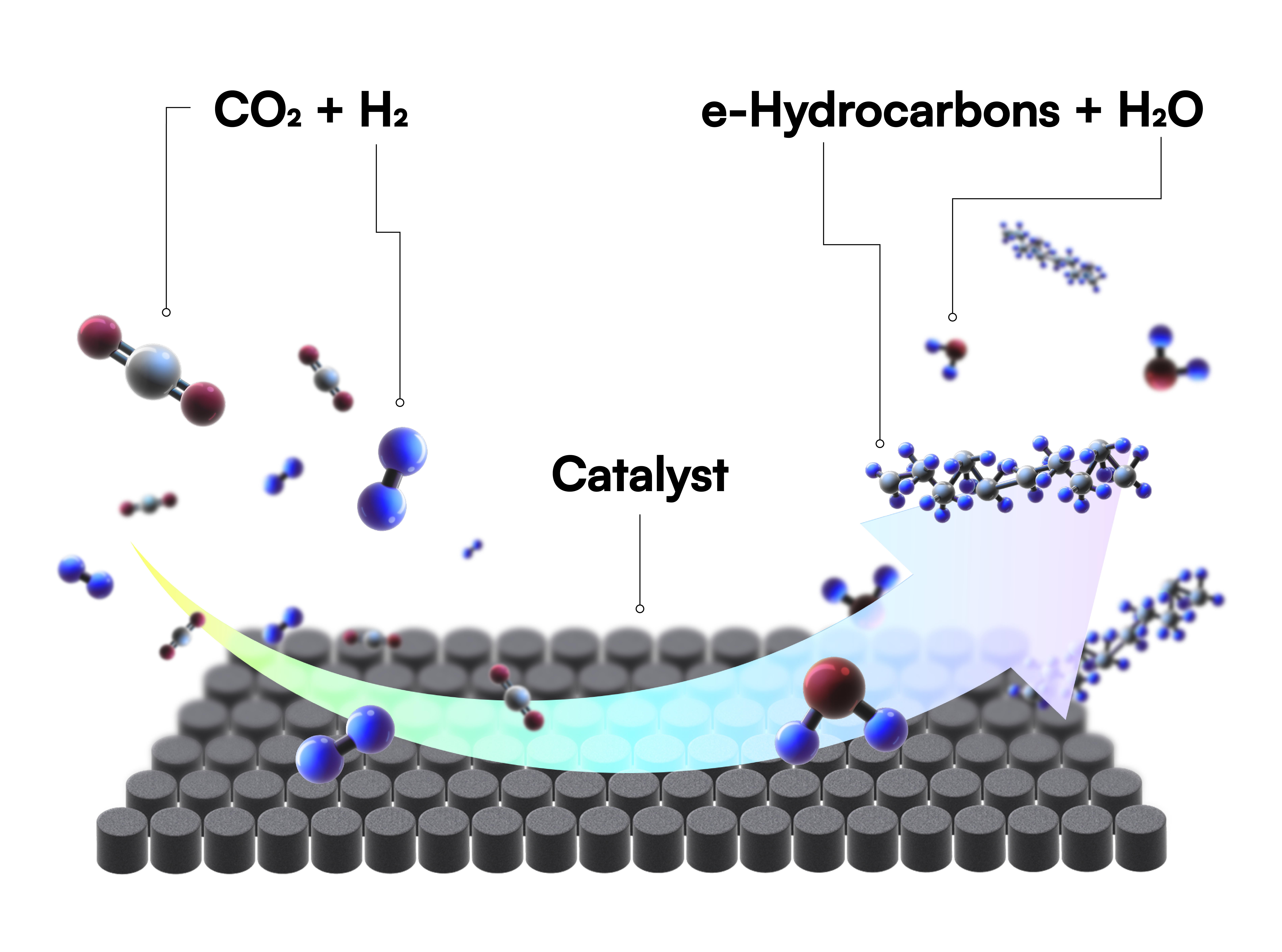Click Here to View This Page on Production Frontend
Click Here to Export Node Content
Click Here to View Printer-Friendly Version (Raw Backend)
Note: front-end display has links to styled print versions.
Content Node ID: 428373
International Airlines Group and aircraft engines and systems group Safran are among the main investors in the Series B funding round that raised £20.75 million ($28 million) for sustainable aviation fuel innovator OXCCU. The capital will support development of the UK start-up’s OX2 fuel manufacturing demonstration plant located at Oxford Airport, which is expected to be fully operational in 2026.
OXCCU is developing a process to support mass production of sustainable aviation fuel (SAF) by converting biogenic waste carbon and hydrogen by the end of the 2020s. The company, which was founded by Oxford University chemical engineers in 2021, is already producing small quantities of its SAF blend in the smaller OX1 demonstration plant.
In addition to the IAGi Ventures arm of International Airlines Group (parent company of British Airways and Iberia) and Safran Corporate Ventures, the latest funding round was also backed by new investors Orlen VC, Hostplus, and TCVC. The oversubscribed round was supported by existing backers including Clean Energy Ventures, IP Group/Kiko Ventures, Aramco Ventures, Eni Next, and Braavos Capital.
“In a market where capital is tight and investors are rightly selective, this raise is a testament to the strength of our science, the clarity of our mission, and the urgency of the problem we’re solving,” said Andrew Symes, OXCCU’s CEO. “What we’re seeing is that serious players with truly distinctive technologies are still getting funded.”
Simplified, Lower-cost SAF Production
According to OXCCU, its approach simplifies SAF production by eliminating the need for reverse water gas shift or e-methanol steps. Instead, its patented iron-based catalyst enables the direct synthesis of jet-fuel-range hydrocarbons from gaseous waste carbon in a single exothermic reaction.
The company claims that this process reduces capital and operating costs, as well as the carbon intensity of the fuel. The catalyst can be applied with a wide range of carbon dioxide, carbon monoxide, and hydrogen input gas compositions, which is expected to deliver the flexibility to efficiently convert different feedstocks such as reformed biogas, gasified wood waste, and pure carbon dioxide with hydrogen.

“We recognize the need for the world to achieve net-zero emissions by 2050 and for the aviation sector to play its part and to develop sustainably,” commented Jonathon Counsell, IAG’s group sustainability director. “IAG has been a leader in the sector, being the first airline group globally to commit to net zero by 2050. We are further committed to our goal of meeting 10% of our fuel needs with SAF by 2030. Meeting these goals will be supported by this investment into OXCCU, which is part of our strategy of developing new partnerships to produce next-generation fuels.”